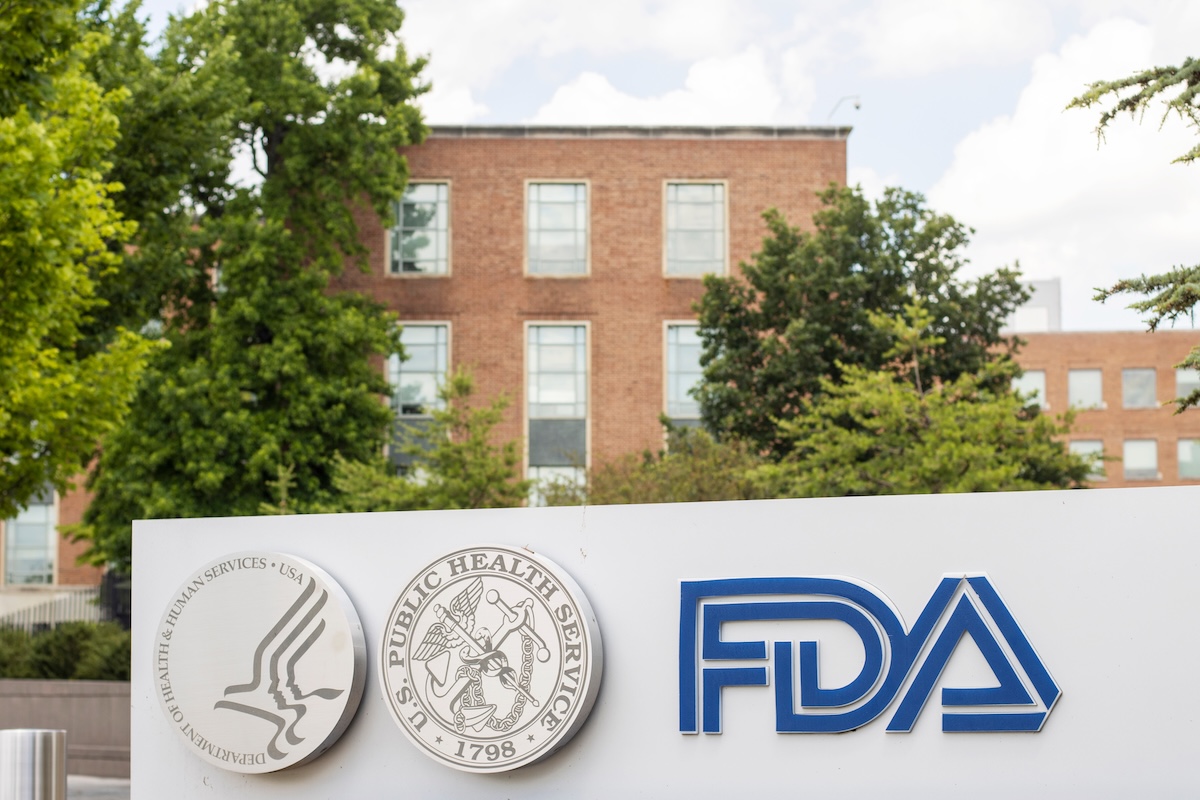
Biotech firm Humacyte (HUMA) made a breakthrough last December when the FDA approved its first treatment for battlefield injuries. But controversy over the approval process has since crushed investor confidence.
On Dec. 19, the FDA greenlit Symvess, Humacyte’s lab-grown vessel therapy designed to repair damaged blood vessels.
Backed by U.S. Department of Defense funding, Symvess marked the company’s first FDA-approved product and a key milestone on its path to commercialization.
But the approval didn’t land as expected.
A former FDA official accused the agency of brushing aside serious safety concerns tied to the treatment, including complications that could be fatal.
FDA scientists reportedly found that some Symvess trial participants suffered major health issues, but the agency still moved forward with approval.
“This thing has grave safety concerns, and they buried it,” vascular surgeon and former FDA official Robert Lee told Bloomberg.
“So here we are today with a product that’s been released to market that has [the] potential to kill soldiers and citizens,” Lee added.
The fallout was immediate. Since Lee’s remarks were published on March 25, HUMA stock has lost half its value.
Record lows and uncertain road ahead
Humacyte stock has plunged more than 66% year-to-date, vastly underperforming the S&P 500 Biotechnology Select Industry Index, which is down nearly 15% over the same period.
On April 8, the stock hit an all-time closing low of $1.15 and has since clawed back slightly but remains under $2. At today’s levels,Humacyte’s market cap sits around $260 million.
Whether the company can rebound from the FDA controversy remains unclear.
During its Q4 earnings call, CEO Laura Nicholson called 2024 a “landmark year” for Humacyte, emphasizing the importance of Symvess approval. But with no revenue and a growing cash burn, investors are looking for more than milestones.
Humacyte remains deep in R&D mode. The company spent $88.6 million on research and development in 2024, up from $76.6 million in 2023. General and administrative expenses rose to $25.8 million, contributing to a full-year net loss of $148.7 million — up from $110.8 million the year prior.
With rising costs, a reputational hit, and no commercial revenue to date, HUMA stock faces a long road to recovery.
Your email address will not be published. Required fields are markedmarked